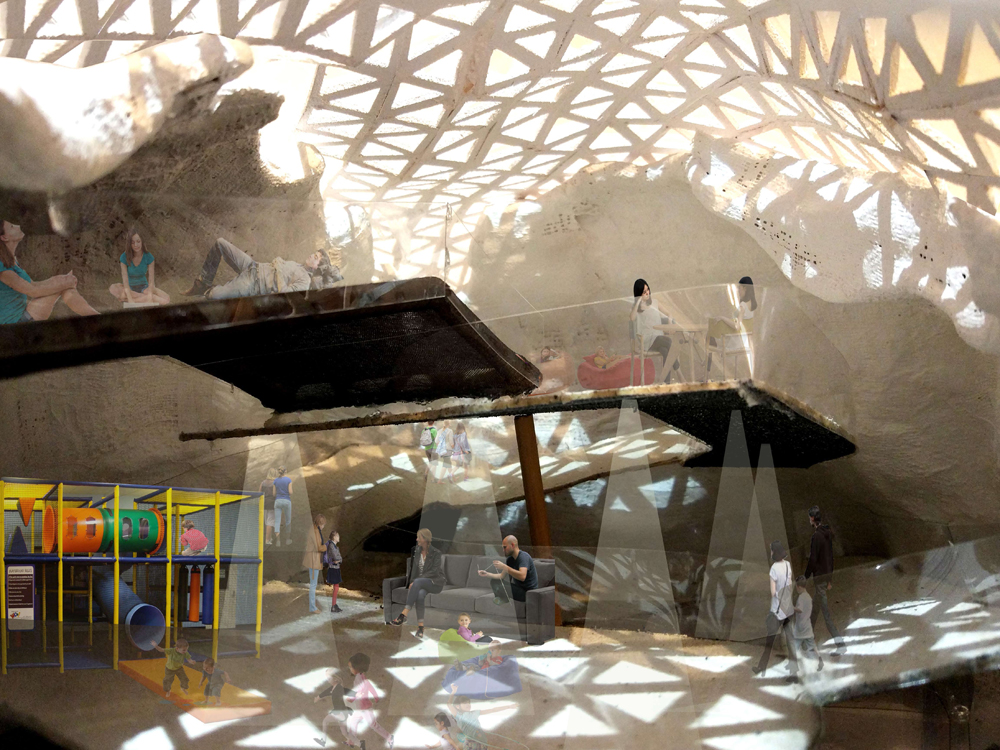Course info

Architecture's Contribution to Society. This course is intended to expand students’ conception of architectural design beyond the physical form of buildings into the social, environmental, and contextual issues that design must address. The interdisciplinary nature of architecture will be emphasized through various lectures, exercises, and reviews. Students will be immersed in a studio environment, will frequently be working in groups, and will be instructed through individual critiques and group pi n-ups.
Having successfully completed the module, students should be able to demonstrate knowledge and understanding of:
i. The role of architecture as producing value in the larger society.
ii. The importance of proper ecological design in responding to local climates.
iii. Creating useful spaces for particular users in a non-generic way.
iv. Conceive of design projects as more than physical structures to include holistic solutions to difficult problems.
v. Develop appropriate solutions to design problems based on local context.
vi. Apply precedents and research to design work.
vii. Produce coherent and thoughtful solutions to expansive design problems.
viii. Self-critique pre-conceptions of design and what the role of architects normally includes.
ix. Effectively present projects to an interdisciplinary audience.
x. Learn independently in familiar and unfamiliar situations with open mindedness and in a spirit of critical enquiry.
xi. Begin to communicate ideas visually and verbally in a presentation format.
xii. Demonstrate an ability to develop spatial and systematic solutions to complex problems.
